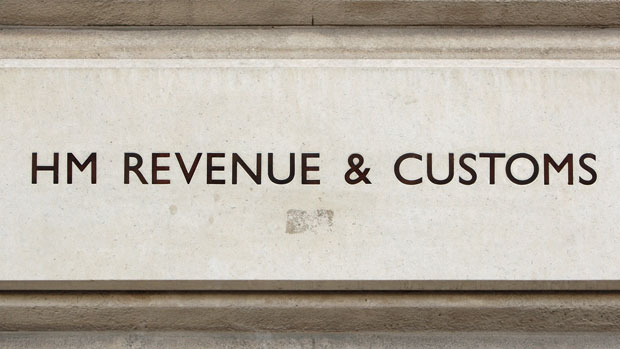Digital Tax Accounts: how they will affect you
Tax returns are set to be replaced by new online tax accounts, but will they be as simple as the Chancellor claims?

A free daily email with the biggest news stories of the day – and the best features from TheWeek.com
You are now subscribed
Your newsletter sign-up was successful
In last week's Budget, George Osborne revealed plans to introduce Digital Tax Accounts, replacing traditional self-assessment tax returns. What are the key elements of the new system? And is the scrapping of the tax return good news or bad?
What are Digital Tax Accounts?
According to the financial secretary to the Treasury David Gauke, Digital Tax Accounts are an integral part of the government's plan to modernise (read, simplify) the tax system. The aim is for every taxpayer – whether it’s a business or an individual taxpayer – to have an online tax account, much like a bank account.
The Week
Escape your echo chamber. Get the facts behind the news, plus analysis from multiple perspectives.

Sign up for The Week's Free Newsletters
From our morning news briefing to a weekly Good News Newsletter, get the best of The Week delivered directly to your inbox.
From our morning news briefing to a weekly Good News Newsletter, get the best of The Week delivered directly to your inbox.
This account can be updated in real time, and will calculate how much tax is owed without the hassle of completing a tax return.
According to HMRC, 85.5 per cent of all self-assessment returns in 2015 – just shy of nine million taxpayers – were filed online. With so many taxpayers already taking advantage of the Revenue's online services, the government says a simplified digital process will benefit a greater number of people.
What's wrong with self-assessment?
As it stands, the current system of self-assessment lands hundreds of thousands of people in trouble each year. This year, 890,000 people were slapped with £100 fines for missing the self-assessment deadline. A further 980,000 taxpayers filed their returns with just hours to spare.
A free daily email with the biggest news stories of the day – and the best features from TheWeek.com
Although those leaving their tax returns to the final hour must share some portion of the blame, the Revenue has been repeatedly criticised by the Public Accounts Committee for not meeting customer service targets, which includes handling phone calls and queries from baffled taxpayers.
The government hopes that Digital Tax Accounts will simplify the process, resulting in fewer people being caught out and hit with a fine after the final January 31 deadline has passed.
So when will it roll out?
The new Digital Tax Accounts will be introduced next year. The government hopes to sign up the first five million businesses and 10 million small businesses early next year. By the end of the next parliament, Osborne plans to have more than 50 million taxpayers signed up to the system.
That sounds great, but what's the catch?
There are a number of concerns surrounding the plans, including HMRC's track record of struggling to implement new digital services.
Tax experts at both BDO and Baker Tilly accountancy firms told the Financial Times that Osborne's 'death of the tax return' announcement was premature, arguing that businesses and individuals with complicated tax returns would continue to use traditional methods "for years to come".
The Daily Mail also reported that under the new regime taxpayers would receive points for failing to keep on top of their tax, in much the same way that motorists do. Those taxpayers accruing lots of points could be fined almost £2,000, making the current £100 fine look like small change.